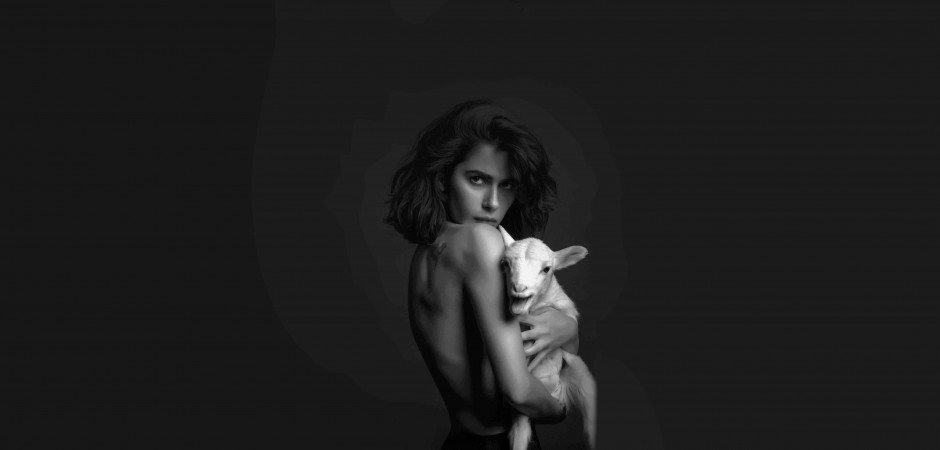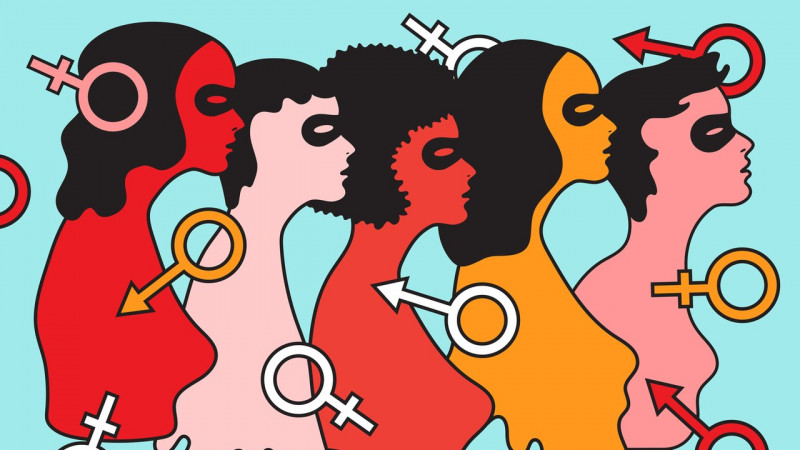What to do if you can’t accept your sexual orientation
Why do people start ignoring their orientation in the first place?
12/Jul/25
2734
What to do if you can’t accept your sexual orientation
Why do people start ignoring their orientation in the first place?
It all comes down to the subconscious defense mechanisms. Humans have survived for centuries by sticking together in communities. Any trait that didn’t have a practical use or that made someone stand out often turned them into an outcast — a stranger. In the past, this could even be life-threatening, as being rejected by the community meant losing access to essential resources: food, shelter, and safety.
Our genetic memory holds onto all the survival information passed down over generations. At the slightest social threat — like homophobia — it triggers the instinct to blend in. To stay safe, we suppress anything that might make us stand out. That’s why we might ignore or deny our orientation, subconsciously or deliberately, because it feels like a social risk.
But here’s the thing:
Today, each of us can create our own life conditions. We can build communities around our values and personal traits. We survive because we’re unique, not because we conform.
Some practical tips to shift your mindset or at least reflect:
Stop spiraling. The earlier, the better. Why? Because your orientation will affect your future life far less than it feels like it will when you're 20. Most of adulthood is about emotional intelligence and staying competitive in life, not orientation.
Reduce the pressure. Write down a list of things you’ve done that you’re proud of — moments where you exceeded your own expectations. Call it “Why I’m Awesome!” Then check: is your homosexuality directly related to any of those achievements? Probably not. Want your future to depend on your superpower? Then don’t build your whole identity around your orientation — any orientation.
Ask yourself: What’s the worst that could realistically happen because of my orientation? How can it actually harm me? Rationalizing reduces fear and helps you prepare. You might, for instance, choose to highlight other aspects of yourself in social situations.
Talk to people who are more at peace with their orientation than you are. This will ease your social anxiety and help normalize things.
Live among others like you. Nothing helps more than sharing a flat or workspace with LGBTQ+ folks. Your “difference” will become your everyday normal.
Samurai path: Make your orientation your signature. (Think: beauty bloggers and queer icons.) By exaggerating or embracing your difference as part of your public image, it stops being a point of discomfort in your private life.
In tough cases, consider phobia and see a psychiatrist. Sometimes self-rejection is rooted in deeper fears or traumas that deserve real support.
Powered by Froala Editor



